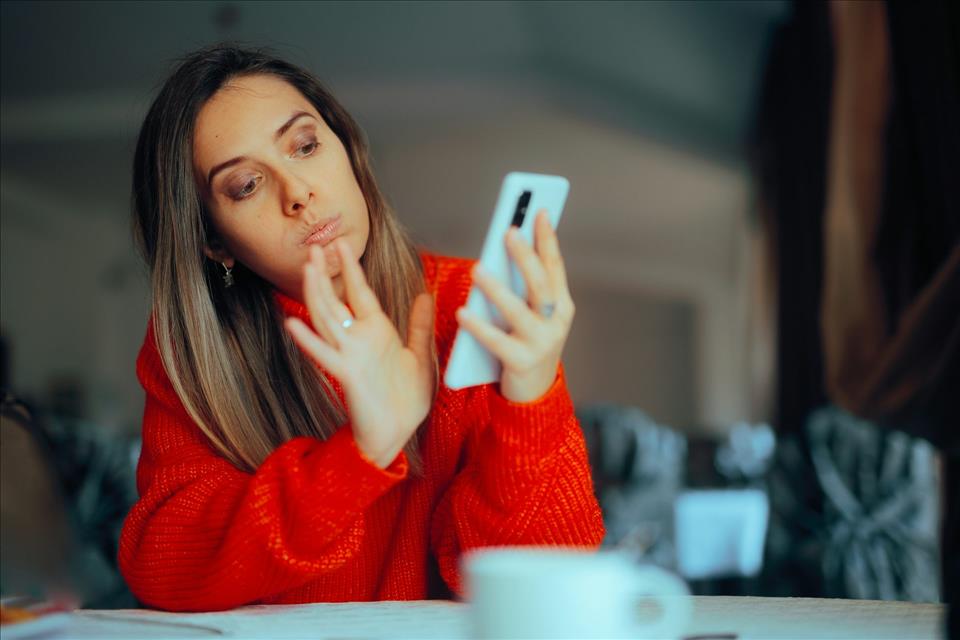
The Emotional Toll Of Dating Apps And Why They're No Longer About Finding Love Podcast
In this episode of The Conversation Weekly podcast, we hear from researchers exploring how apps have changed modern dating and the expectations around it. And we find out why some dating app users aren't actually there looking for love, but keep on swiping anyway.
When Treena Orchard first decided to sign up to an online dating app, she was 45 years old and nervous. Not many of her friends had used dating apps, and she says it was“terrifying” to think about doing dating in a completely different way to what she was used to.
As she set out on her new dating journey, Orchard, an associate professor in the School of Health Studies at Western University in London, Canada, decided to use her training as an anthropologist to conduct a self-ethnographic study of dating apps.
The result was a book , on what she calls the“darker side of dating apps”, chronicling her experiences. She says the darker side of the apps refers to the“widespread misogyny” that she found streaming through these platforms and the people who use them. It also refers to the way:
Orchard found success on dating apps required a profound amount of emotional and technical labour. She said this effort has become common, and normalised to an extent, but it shouldn't be.
Not there to meet upCarolina Bandinelli's research looks at the different ways people use dating apps and what this is doing to their idea of love. She's an associate professor in media and creative industries at the University of Warwick in the UK and just published a book about the influence of dating apps on the digital culture of love.
When Bandinelli set out to interview more than 50 people in the UK and Italy about their experiences of using dating apps, she was expecting to hear“tales of adventurous sexual and possibly romantic life”. But she says:
One woman told Bandinelli that she set her location to match with people who weren't close by at all to“test her femininity and to test her seduction potentialities”, but that she would have felt very embarrassed to meet a stranger. Another man would use apps to match with people in other countries.
Match, match, matchBandinelli argues that an ideology around efficiency is one of the key traits of the digital culture of love, and it's reflected in the promotional narratives dating apps use.
She thinks all this is changing the way people think about love, dating and romance – and that a new ethos is emerging that she calls a post-romantic utopia.
Listen to the full episode on The Conversation Weekly podcast, which also includes an introduction from Nehal El-Hadi, interim editor-in-chief at The Conversation Canada.
A transcript of this episode is available on Apple Podcasts .
This episode of The Conversation Weekly was written and produced by Mend Mariwany with assistance from Katie Flood. Sound design was by Eloise Stevens, and our theme music is by Neeta Sarl. Gemma Ware is the executive producer.
You can find us on Instagram at theconversationdotcom or via email . You can also subscribe to The Conversation's free daily email here .
Listen to The Conversation Weekly via any of the apps listed above, download it directly via our RSS feed or find out how else to listen here .

Legal Disclaimer:
MENAFN provides the information “as is” without warranty of any kind. We do not accept any responsibility or liability for the accuracy, content, images, videos, licenses, completeness, legality, or reliability of the information contained in this article. If you have any complaints or copyright issues related to this article, kindly contact the provider above.






















Comments
No comment